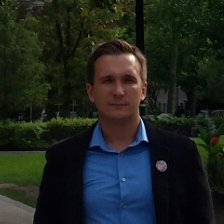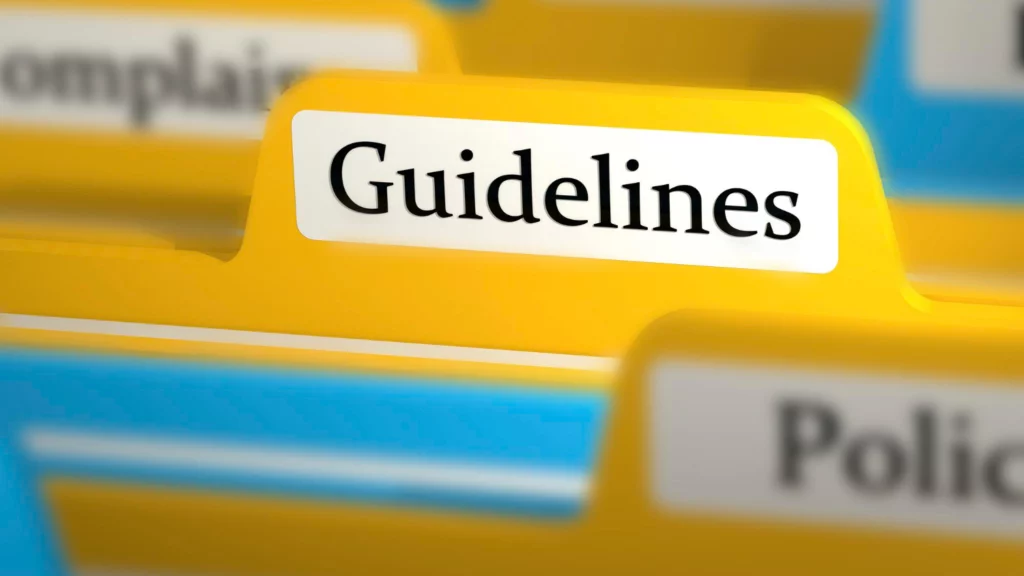Participedia is a global knowledge sharing platform for everyone interested in democratic innovations. Project manager Paul Emiljanowicz talks about its purpose, challenges to participation and why research on democratic practices has to move away from its Western-centric angle.
“We are focused on widening the scope”
What is Participedia about?
Participedia is the world’s largest open access, online inclusive database documenting public participation and democratic innovations. These innovations are the creative and innovative expressions of democracy that people around the world come up with to address real life challenges they are faced with: whether it’s related to climate change, access to public institutions, increasing decision making power, or health care, among countless others.

The crowdsourcing platform collects and shares these experiences. The idea is that maybe an activist organization, practitioner or a policy maker somewhere can look up a case from the opposite end of the world and be inspired to do something similar. We have much to learn from each other and many of the problems that are facing us are global; open-access knowledge exchange is essential.
What kind of information do you find on Participedia?
Participedia crowdsources stories about participation and democratic innovation in the form of cases, methods and organization entries using surveys. You can find information related to how people around the world are organizing and responding to challenges at the level of communities, regions or districts, nation states and the international community. You can learn about their purpose, context, types of new methods and tools used, outcomes and lessons learned among a host of other information.
Could you give some examples for ideas or initiatives that work on increasing participation?
Before 2015, outside of Brazil, if you were to talk about participatory budgeting, people wouldn’t know what you are talking about. Now, this method has been practiced by governments in over 1500 municipalities around the world. Participatory budgeting is the idea that average citizens can participate in how public funds are distributed and what tax revenue gets spent on. Another example are citizens‘ assemblies. Randomly selected individuals representing different population demographics participate in deliberative processes to form an opinion on important topics and to have some say in the decisions that are going to have a substantial effect on the outcome of their life. There are also examples which challenge how we think and understand democracy, its Western centric biases and mainstream assumptions. The Gaada system of the Oromo peoples in Ethiopia for example, a longstanding indigenous democratic system that has allowed them to maintain sovereignty over the regulation and protection of the Gaussa-Menz grasslands.
In terms of science and technology, people around the world are finding innovative ways to be included in decision making regarding the development of AI, ethics around stem-cell research, and weapons technologies – to name a few. At the same time scientific innovations, especially in communications technologies, are connecting people in new ways and making it easier for people to deliberate and organize.
What are the main challenges when trying to implement participatory measures?
That’s a really tough question, because it is very context dependent. In some cases, the challenges to participation can quite literally be a gun or a bullet. It might be a police or military force sent on you by an oppressive, authoritarian – and even sometimes democratic – government to stop you from organizing. In other cases, it can be more subversive or even practical challenges which prevent people from participating.
Which other factors limit participation?
There are also technological challenges. How can individuals in rural contexts engage in the decision-making going on in an urban center? In Poland and in Ghana they use platforms on digital devices for these processes. But not everyone has access to those tools and the software or technology might be owned by a private company or easily controlled by the government.
Another question is how receptive the government is to participation. Are the processes truly participatory? Who are they leaving out? Are the most marginalized in society included? If not, why? In our research we want to understand which methods have worked, under what conditions, and how those that didn’t work could be improved for the future.
Ultimatley, the creativity and desires for people to participate in the decisions that affect them cannot be quelled.
Did you already get an answer to those questions?
In the first phase of Participedia, research was very much centered on participatory governance processes, formal processes such as participatory budgeting, for example. We are in a new phase of the project now. Since then we have opened up the research agenda to new cluster areas that are exploring different aspects of democracy, such as democratic innovation, resilience and challenges to democracy.
It is complicated even at the level of definition: People around the world are defining and practicing democracy differently. At the moment, to think more broadly about the field, research is still dominated by Western institutions and methods. That is why we are focused on widening the scope of how we think about and understand democracy and democratic innovation. Many of the crowdsources entries are looking at contexts and ideas that have traditionally been excluded from democratic knowledge production and policy making.
In short, we are learning something new everyday.
Do you evaluate those cases and methods?
You mentioned people being excluded from democratic processes. Do you have any lessons learned for decreasing barriers to participation?
I wish more people would ask that question. One of the key mechanisms which can remove some of these barriers to participation is to empower people. Give them greater control over the decisions which will affect them in their lives. And again, this will look differently in different places.
If you think about the complexity of the problems which we are facing, they require now more than ever a diverse group of people that take each other’s ideas, perspectives and experiences seriously. Participedia is trying to actively contribute to these debates.
One big challenge at the moment is the Covid-19 pandemic that stressed the importance of interdisciplinary problem solving. What are the key insights from how Participedia is responding to this crisis?
We set up a special collection on the database that is documenting Covid-19 specific case studies of democratic innovation and participation around the world. They document the resilient ways in which people are navigating the challenges brought about by Covid-19.

We are already planning to gradually move back to a hybrid model but the lessons about inclusivity will stay with us.
What role does science communication play in the Participedia project?
Knowledge mobilization is a key aim of Participedia. We have a communications team that disseminates the research outputs of our network to other scholars and participants in the project and beyond. Oftentimes we researchers are disconnected from each other, especially in Covid-19 times. Researchers are often producing impactful work, but the insights do not reach broader and more diverse audiences such as practitioners or government officials. We are trying to co-create our knowledge mobilization strategies with diverse audiences in mind and with students taking lead roles.






